Our Lenders
We work with Lending Expert to give you access to a panel of leading lenders well placed to meet your needs at the lowest rates.
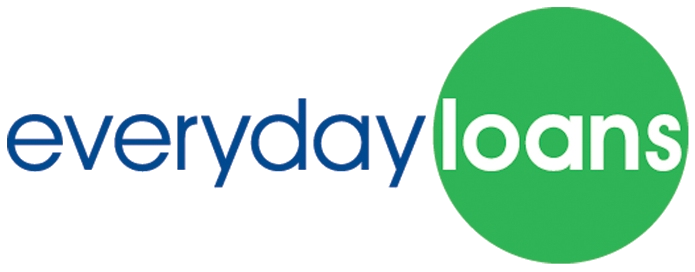
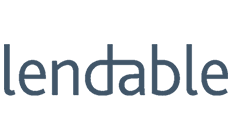
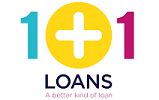

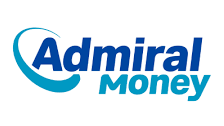
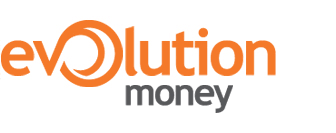

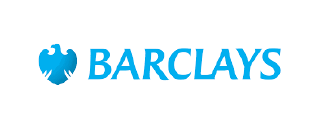
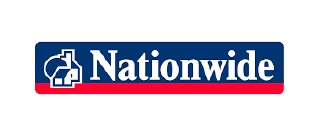

No-deposit mortgages, or 0% deposit mortgages, exist to give people a chance to get on the property ladder without saving for a deposit. Here, Proper Finance explores some commonly asked questions surrounding 0% deposit mortgages, including the benefits and risks.
What Is a 0% Deposit Mortgage?
A no deposit mortgage, also known as a 100% loan to value (LTV) mortgage, is a type of mortgage that requires no deposit. The entire value of the property is lent without a deposit, allowing you to borrow the full property value without any money upfront.
This type of mortgage is popular with people who are struggling to save up a deposit for their mortgage.
Partnered with
How Much Deposit Is Needed to Buy a House?
Usually banks and building societies will ask for at least a 5% deposit before they approve you for a mortgage, although this number varies.
The mortgage guarantee scheme, launched by the government, allows buyers to take out a mortgage with a 5% mortgage, so long as the home is valued at up to £600,000. The government covers any losses that lenders might endure if the borrower fails or struggles to repay their mortgage.
However, with a no deposit mortgage, buyers are not expected to provide any deposit at all.
How Do Mortgage Deposits Work?
Mortgage deposits are when a borrower provides a certain percentage of the property’s value upfront. The remainder of the property’s value is then lent to them, and repaid with interest on a monthly basis.
The larger the deposit, the better the interest rates tend to be. This means if you are able to provide a 40% deposit, you will likely get the best, cheapest rates. However, for a house of £250,000, this means the borrower would have to provide £100,000 upfront.
How Can You Get a Mortgage With No Deposit?
The only 0% deposit mortgages available these days are guarantor mortgages. These involve asking a family member or friend to be named on your mortgage. They will be required to cover any mortgage repayments that you do not make. This can put their credit score at risk, so it is a big ask.
The mortgage lenders will also ask your guarantor to use their own home as security. This means that if you and your guarantor both fail to make repayments, their home can be repossessed. Other forms of security can include your guarantor’s life savings.
You will also likely need a good credit score and a regular income. This is to show your lender that you are capable of making your monthly payments.
Can I Get a 0% Deposit Mortgage Without a Guarantor?
No. Your lender will need some form of security on their end, meaning you will need a guarantor to successfully apply for a mortgage with no deposit.
What Are the Disadvantages of 0% Deposit Mortgages?
You will need a family member or friend to agree to be your guarantor. Not only this, but your guarantor needs to have a good credit history, high enough income, and either savings or a home of their own.
Another huge disadvantage is the high interest rates. The lower the deposit, the higher the deposit you will be expected to pay. With a 0% deposit, your interest rates will be high.
Application fees can also be higher for 0% deposit mortgages. You will generally also be expected to pay a higher lending charge.
If your house falls in value, you will also be in a situation known as ‘negative equity’. This means the loan you are paying is higher in value than the price of your home. This can be fine, but if you ever find yourself in the position where you need to sell your home to pay off your mortgage, you will not be able to recover the costs.
Partnered with
Are 0% Deposit Mortgages Cheaper?
No deposit mortgages also have the same fees, interest charges and other costs that come with any other mortgage.
A zero deposit mortgage is also much harder to get accepted for and if you do get accepted, there’s a risk of falling into negative equity – where the value of your property is less than the amount owed on the mortgage.
Are 0% Deposit Mortgages Risky?
They can be, if house prices fall. You can end up paying a mortgage that is higher in value than the property. This means that when you need to sell your property, it will be at a loss.
What Should I Do if I Can’t Get a 0% Deposit Mortgage?
There are other options that allow you to get a mortgage with a low deposit. For example, you can look into the following:
- Shared ownership mortgages
- The Help to Buy scheme
- New build developer loans
- Compare Shared Ownership mortgages
- Joint mortgages
- Right to Buy mortgages